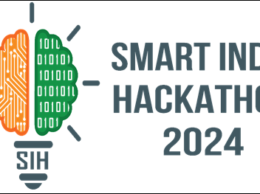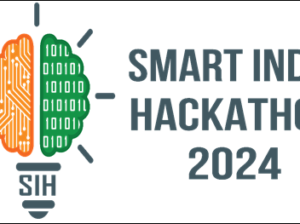Bengaluru : Samsung Semiconductor India Research (SSIR), in collaboration with IIIT-Bangalore and VLSI System Design has launched the “Chip Design for High School” programme. An innovative CSR initiative, it aims to equip young minds with essential skills in semiconductor design, paving the way for India’s technological leadership in the global semiconductor ecosystem.
The programme aims to build a talented workforce as India prepares for highly futuristic semiconductor innovations. It is deftly crafted to target children from 6-12th standard. The initiative aims to bridge the gap between education and industry, preparing the next generation to lead in this rapidly growing sector.
“This is the right opportunity to enable our country to leap towards greater innovations in the semiconductor space. This programme is launched to make an impact on the talented youth of our country and make them future-ready through mentorship and hands-on experience. Our aim is to inspire and empower them as they prepare to lead the country as future leaders,” said Balajee Sowrirajan, EVP and MD, Samsung Semiconductor India Research.
The curriculum is designed to introduce students to semiconductor design fundamentals, AI integration, and hands-on learning, creating a pathway for them to pursue careers in this field. Spanning over eight weeks, students will explore fundamental physics, logic gates, and hands-on breadboard circuit building. With practical labs and capstone projects, this programme equips students with essential chip design skills, preparing them for careers in India’s thriving semiconductor industry.
“As India steps into the global semiconductor arena, it’s crucial to start building our talent pipeline at an early stage. Chip Design for High School program inspires and prepares young minds to dream big and aim for leadership roles in technology. IIIT-Bangalore is proud to be at the forefront of this transformative journey,” said Prof. Debabrata Das, Director of IIIT-Bangalore.
By end of the project, these students would have gathered knowledge on digital logic design, System-on-Chip (SoC) concepts, and Electronic Design Automation (EDA) tools. Library cell characterization, CMOS inverter design, and SPICE simulation will also be taught to these young minds.









